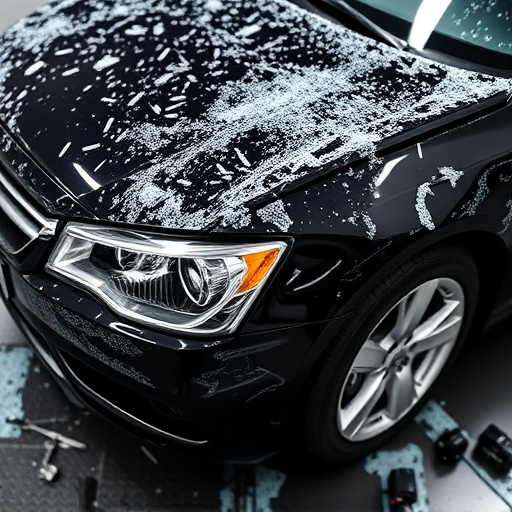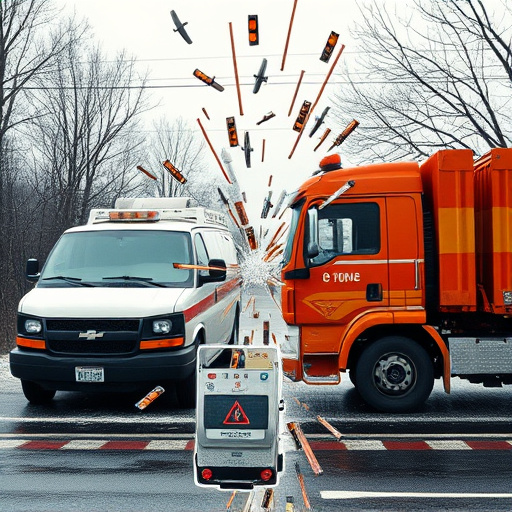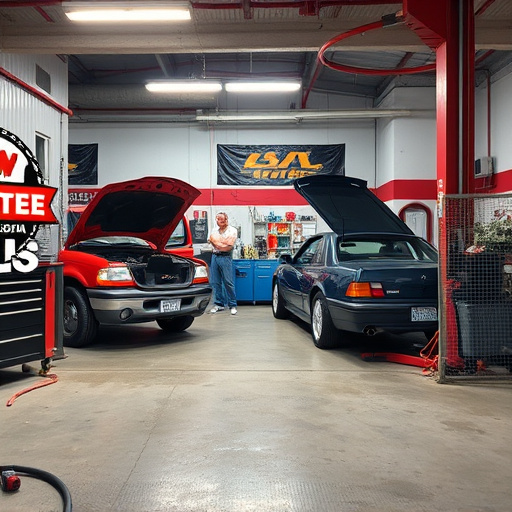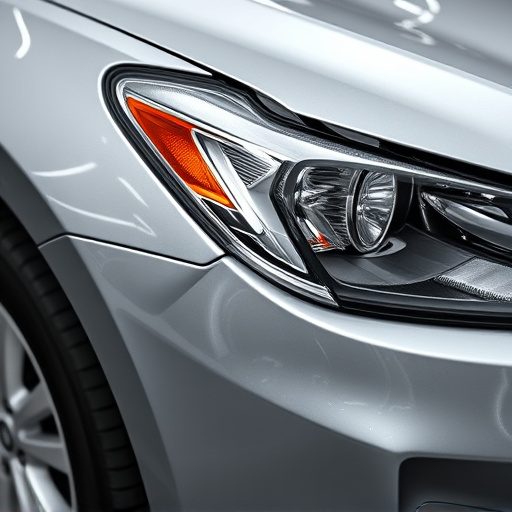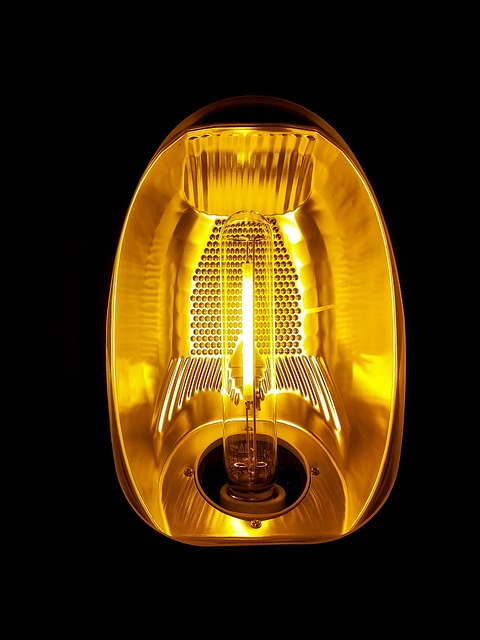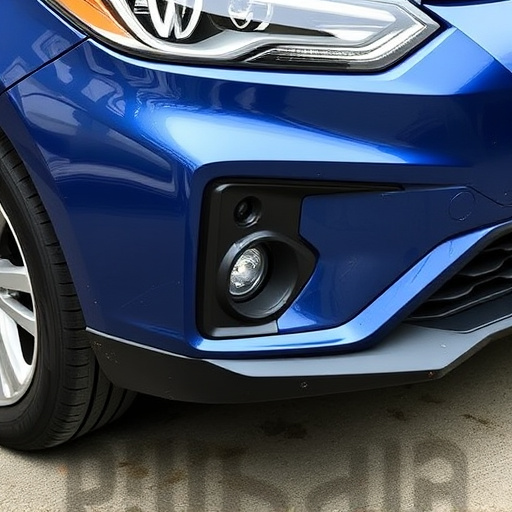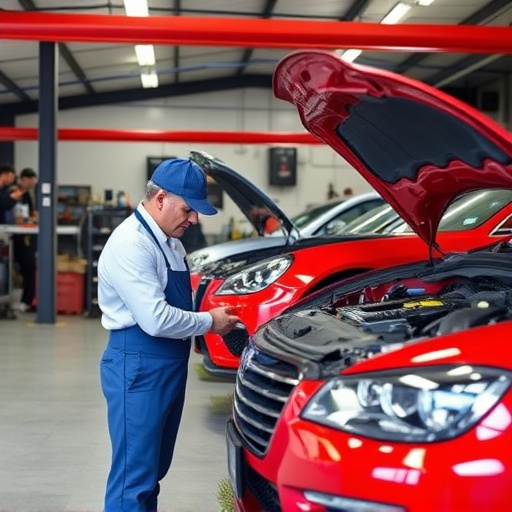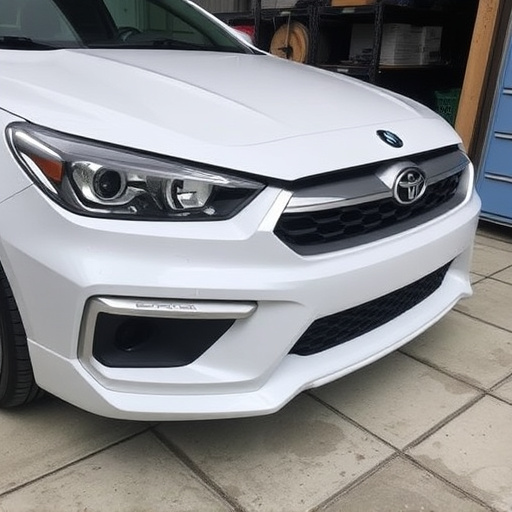Mercedes Night Vision technology enhances driver safety in low-light conditions through advanced cameras, infrared lighting, and software algorithms. Optimal performance requires precise Mercedes night vision calibration, adjusting settings based on weather, road conditions, and vehicle speed to deliver a clear view without causing discomfort or false alarms. This ensures the system complements the driver's natural perception, enhancing safety and driving experience. Regular calibration, along with paintless dent repair, maintains system accuracy over time, contributing to overall vehicle restoration and reducing automotive collision repair incidents caused by poor visibility. Future advancements in AI and computer vision will further enhance these systems, promoting safer nighttime driving and autonomous vehicles.
Mercedes Night Vision Calibration: The Key to Safer Nighttime Driving. Discover how Mercedes’ cutting-edge night vision technology goes beyond enhanced visibility with precise calibration, significantly improving safety on dark roads. Explore the critical role of calibration in detecting and mitigating potential hazards, from animals crossing to poorly lit obstacles. Delve into the benefits and future prospects of this game-changing feature, ensuring drivers navigate nighttime conditions with unparalleled confidence.
- Understanding Mercedes Night Vision Technology
- The Role of Calibration in Enhancing Safety
- Benefits and Future Prospects of Accurate Night Vision Calibration
Understanding Mercedes Night Vision Technology
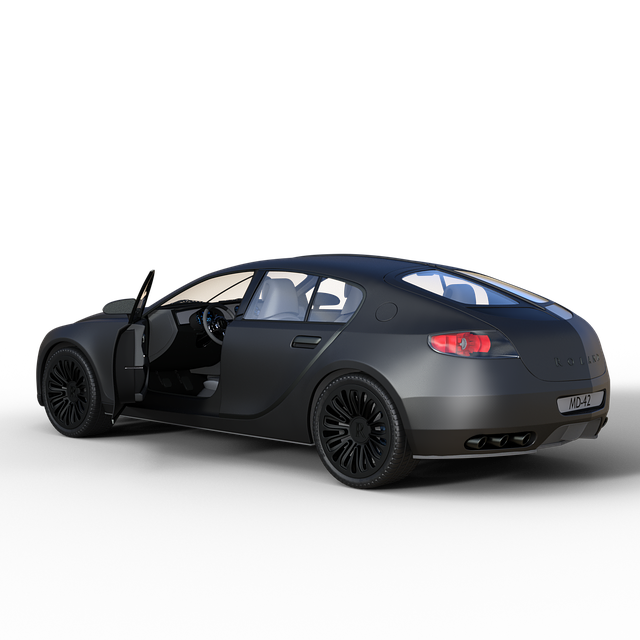
Mercedes Night Vision technology is a cutting-edge safety feature designed to enhance driver visibility during low-light conditions, making nighttime driving safer and more secure. This innovative system uses a combination of advanced cameras, infrared lighting, and sophisticated software algorithms to detect and display potential hazards on the road ahead. By calibrating the sensors and cameras with precision, the Mercedes night vision system ensures optimal performance in various environments, from dark city streets to desolate highways.
Proper Mercedes night vision calibration is crucial in achieving peak performance. It involves meticulously adjusting the system’s settings, including focus, exposure, and gain, to deliver a clear and detailed view without causing visual discomfort or false alarms. This process takes into account factors such as weather conditions, road surface variations, and vehicle speed, ensuring that the night vision technology complements the driver’s natural perception, much like how auto body restoration professionals meticulously calibrate a car’s bodywork to achieve flawless results, enhancing both appearance and safety in equal measure.
The Role of Calibration in Enhancing Safety
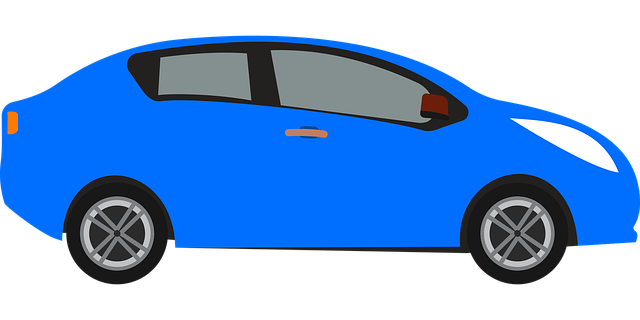
Mercedes night vision calibration plays a pivotal role in enhancing safety during nighttime driving. Proper calibration ensures that the vehicle’s advanced driver-assistance systems (ADAS), including night vision, function optimally. This process involves fine-tuning the camera and sensor settings to accurately detect and interpret the surrounding environment, even under low-light conditions. By calibrating these systems, drivers can benefit from improved object recognition, which is crucial for avoiding potential hazards such as pedestrians, animals, or obstacles on the road.
Moreover, regular calibration contributes to the overall vehicle restoration and collision repair process. As with any technological component, over time, the accuracy of night vision systems may degrade due to environmental factors or normal wear and tear. Paintless dent repair techniques can complement these efforts by addressing physical damage that might affect camera positioning or clarity. In light of this, maintaining a well-calibrated Mercedes night vision system not only boosts safety but also ensures optimal vehicle performance and longevity.
Benefits and Future Prospects of Accurate Night Vision Calibration

Mercedes night vision calibration plays a pivotal role in enhancing driver safety during nighttime driving conditions. Accurate calibration ensures that the vehicle’s advanced camera systems and software correctly interpret and display surrounding visuals, allowing drivers to identify potential hazards more effectively. This technology is particularly valuable in reducing automotive collision repair incidents caused by poor visibility, making auto maintenance routines like night vision calibration an essential part of modern car ownership.
Looking ahead, advancements in artificial intelligence and computer vision are expected to further improve the capabilities of Mercedes night vision systems. More sophisticated algorithms can better detect and track objects, improving overall system accuracy. This evolution not only promises enhanced nighttime driving safety but also contributes to a broader trend in the automotive industry towards autonomous driving, where precise sensor data interpretation is crucial for successful implementation.
Mercedes night vision calibration plays a pivotal role in enhancing nighttime driving safety. By ensuring precise and accurate sensor performance, this technology not only improves visibility but also helps prevent accidents. As vehicle technology continues to evolve, regular calibration will be crucial for maintaining optimal performance and maximizing the benefits of advanced driver-assistance systems (ADAS). Investing in proper calibration procedures is a step towards safer roads for all.

